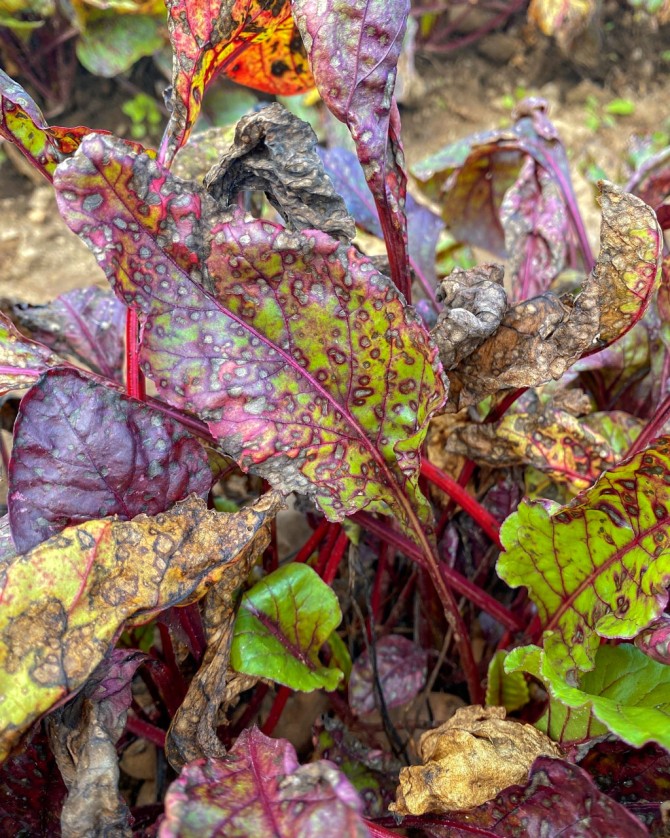Growing up, Jason Choi the Scientist for Air at EPA spent a lot of time camping as a scout and cadet. This sparked his interest in our natural environment.
He also enjoyed studying science at school and university. This led to a career which would allow him to combine his outdoor interests and scientific pursuits.
‘This was a way of bringing those things together,’ Jason said. ‘After university, I spent time as an engineering consultant as well as time up in Canberra working on Australia’s National Pollutant Inventory.’
As the Scientist for Air, Jason gets to work across a range of projects, applying our understanding of air pollution to the regulatory decisions we make.
‘Working at EPA means using a broad range of tools to solve very different problems,’ he said.
‘These can range from research into new methods of measuring and characterising pollution, to listening and working with communities to understand an environmental or health impact.’
During his time with EPA, Jason has been involved in the response to major hazard incidents including the Hazelwood coal mine fire and the 2019-2020 bushfire season.
‘These events had major impacts on local communities, as well as significant effects across Victoria and other parts of Australia,’ Jason said. ‘As part of EPA’s air pollution forecasting team, I helped get information about the impacts of these incidents to the community so that they could take precautions to protect themselves, as well as their families and community.’
Working in this space allows Jason to collaborate widely with colleagues at EPA and with other science partners. He said that he was fortunate to work closely with researchers at CSIRO on air pollution forecasting and modelling.
‘One of the projects I was most excited to work on was CSIRO’s Air Quality Forecasting System,’ he said. ‘It’s an Australia-wide model of air pollution that runs year-round and can be used to forecast impacts from everyday pollution sources such as motor vehicles and hazards such as major bushfires.
‘For anyone who is curious about pursuing a career in environmental science, Jason said it was important to stay curious, listen and persevere in addressing challenging problems. ‘Learn to listen with empathy so that you can really understand the issues that communities may be facing,’ he said.
‘Also don’t get discouraged. We deal with many challenging problems that can take a long time to fix. Sometimes it’s about the small steps we take to eventually solve the issue.
‘I think as machine learning becomes more widely used, there will also be a challenge to ensure we continue to understand the mechanics of the physical environment. ‘This will allow us to validate what the models are telling us.’








